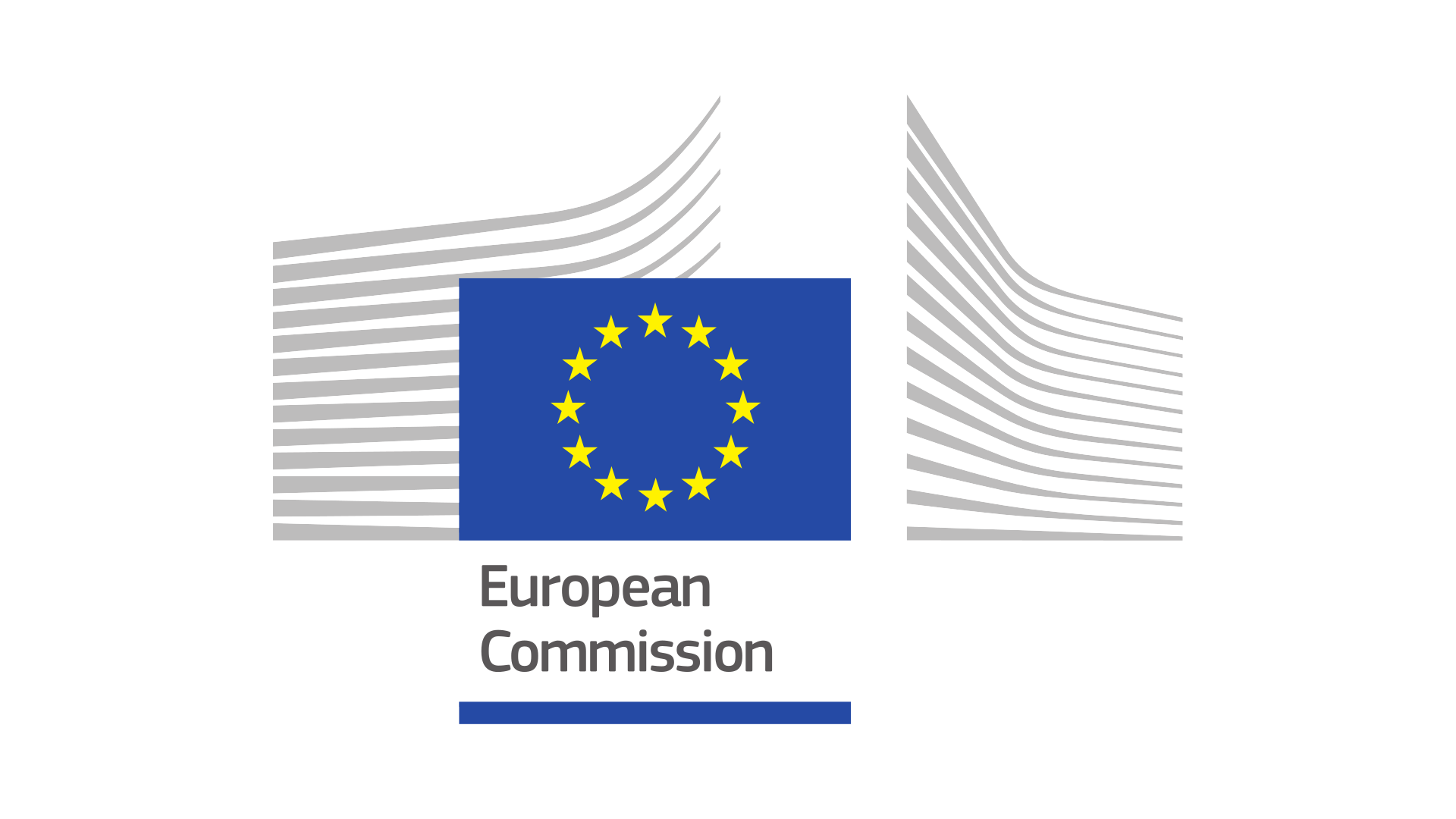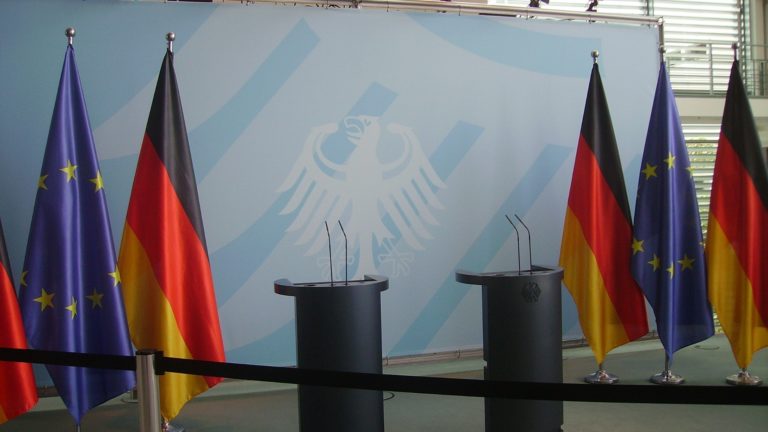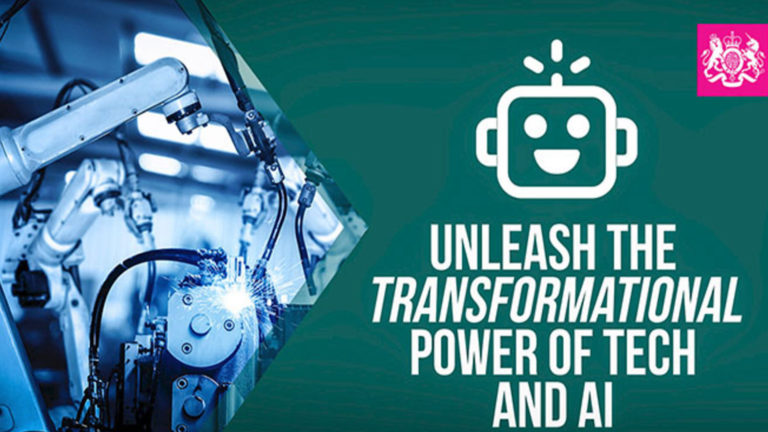Feb 20, 2020 | Srivats Shankar
The European Commission released a white paper on Artificial Intelligence focusing on a European centric approach

Feb 20, 2020 | Srivats Shankar
The European Commission released a white paper on Artificial Intelligence focusing on a European centric approach
On February 19, 2020, the European Commission released a white paper for comment. Titled “On Artificial Intelligence – A European Approach to Excellence and Trust,” it focuses on the strategic goals of the European Union in developing research and industrial capacity for artificial intelligence (AI) technology. The white paper acknowledges the socioeconomic, legal, and ethical impacts of the technology that need to be addressed in its development.
The Commission has increased its annual investments over the last few years in AI, with the goal of spending €1.5 billion between 2018 and 2020. The goal of the research is to:
Broadly the white paper addresses streamlining research and collaboration between member states, and available policy options for developing regulatory framework applicable to actors involved in AI. Similar to the High-Level Panel on Digital Cooperation, the white paper acknowledges the role AI could play in improving access to resources and achieving Sustainable Development Goals. The actors it appears to focus on are – citizens, businesses, and the broad public interest. The Commission focuses on developing a strong ecosystem based on research in order to develop trustworthy AI.
The white paper notes the growth in the sector, stimulated by investments by the Commission. Further, they highlighted the development of software and hardware, including quantum computing that could accelerate the technology in the coming decades.
Accordingly, it calls to action its member states the series of initiatives in order to facilitate the growth of AI within the bloc. Firstly, it initiates a public consultation to develop a coordinated plan that would be released by the end of 2020. Second, in order to develop “excellence and testing centers” the commission seeks to develop legal instruments and training programs to support further development. Third, it discusses advancing skills by attracting talent from across the world in the field of AI. Fourth, it seeks to strengthen the position of small and medium enterprises in the country. Fourth, to enhance public-private partnership in AI. Fifth, and enhancing the public sector uptake of AI especially in relation to health care, administration, and public service operations. Sixth, improve access to data and infrastructure. Seventh, acknowledge the existing international structures that affect the area. This includes non-European Union organizations like the OECD, WTO, and the ITU that have significant interests and initiatives relating to AI. They acknowledge that current international relations may negatively impact the free flow of information across borders, necessitating further dialogue and discourse.
Accordingly, the commission discusses requirements it believes are necessary to develop regulatory framework for AI:
It is likely that in the coming months they twenty-seven members of the European Union would likely discuss and possibly develop some form of regulation for AI in the coming months. The regulatory impact of the European Union, especially in the information technology field, is highly significant. Similar to the General Data Protection Regulations of 2016, any regulation of AI could be trend setting and affect the ease of doing business in the information technology sector.

Srivats Shankar | May 02, 2022
The European Parliament adopted the recommendations of the Special Committee on Artificial Intelligence in the Digital Age providing a roadmap until the year 2030 regarding its impact on climate change, healthcare, and labor relations

Srivats Shankar | Mar 26, 2022
European Union reaches political agreement to introduce Digital Markets Act.

Maathangi Hariharan | Mar 22, 2021
/diːpfeɪk/
/ˌɑːtɪfɪʃl ˈdʒɛn(ə)r(ə)l ɪnˈtelɪɡəns/
/ˌɑːtɪfɪʃl ɪnˈtelɪɡəns/